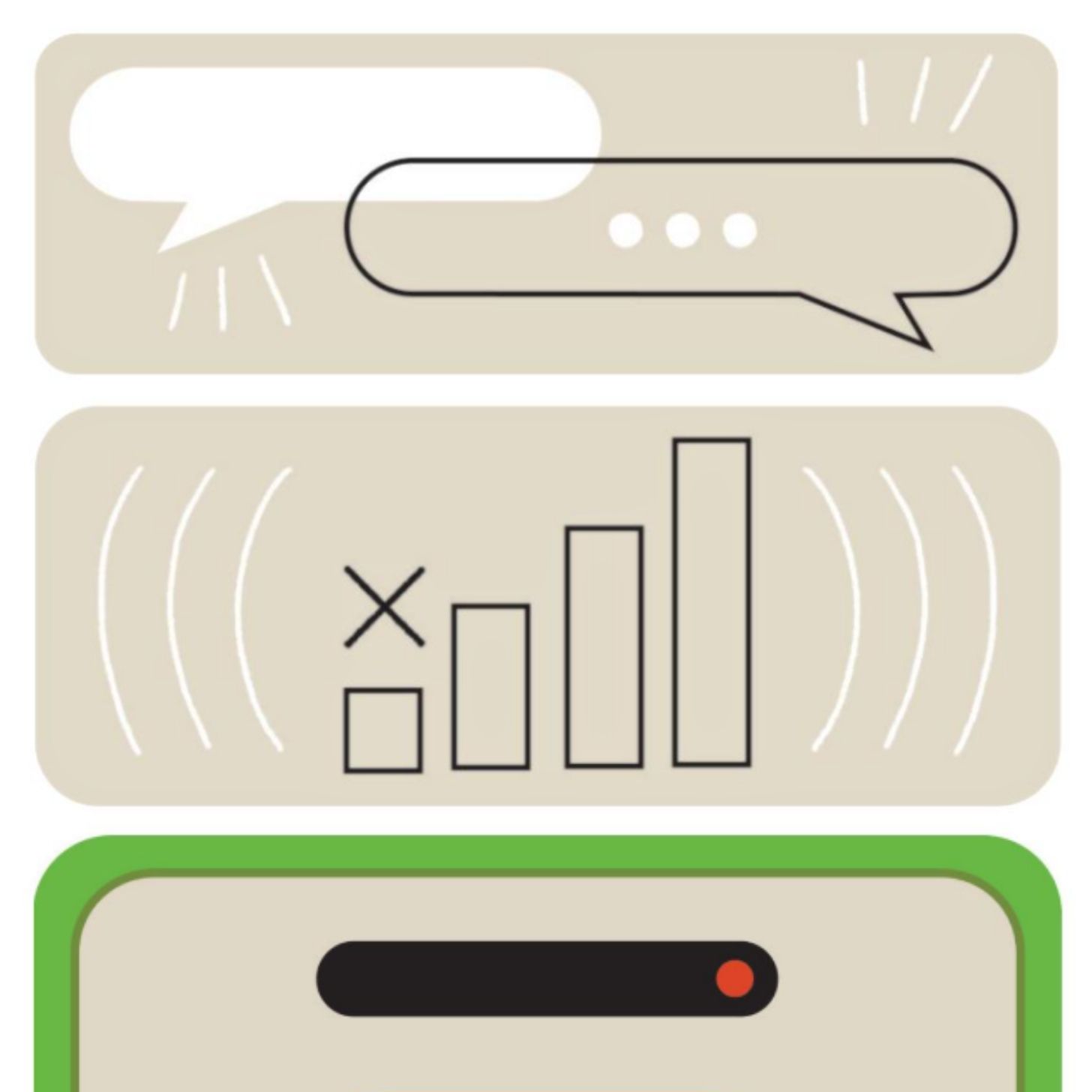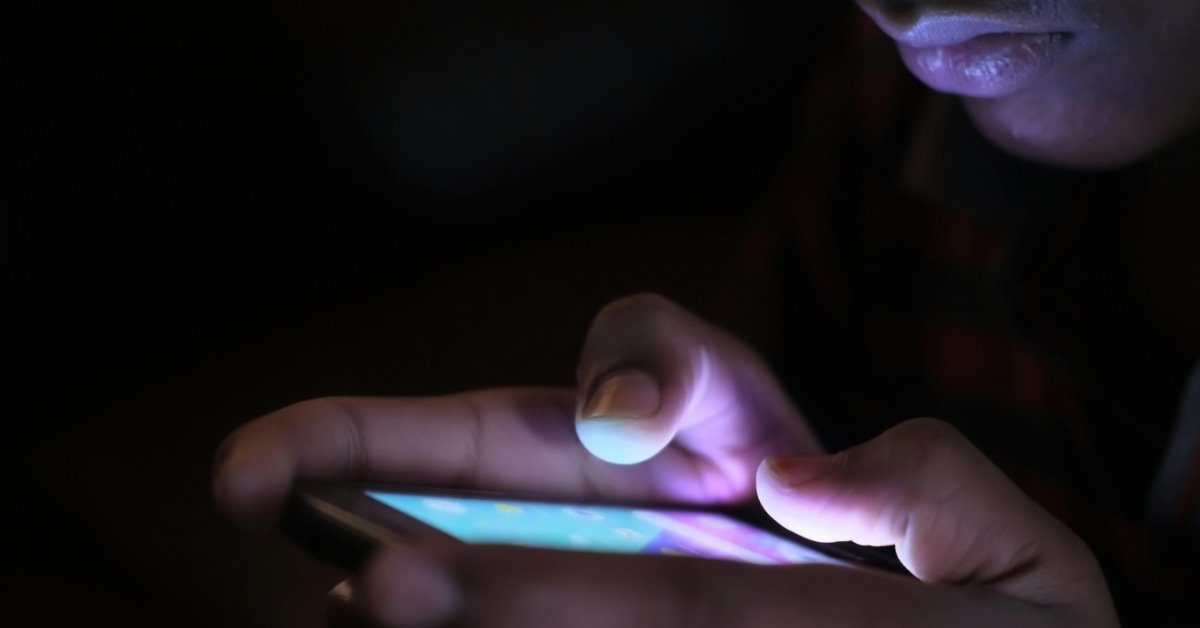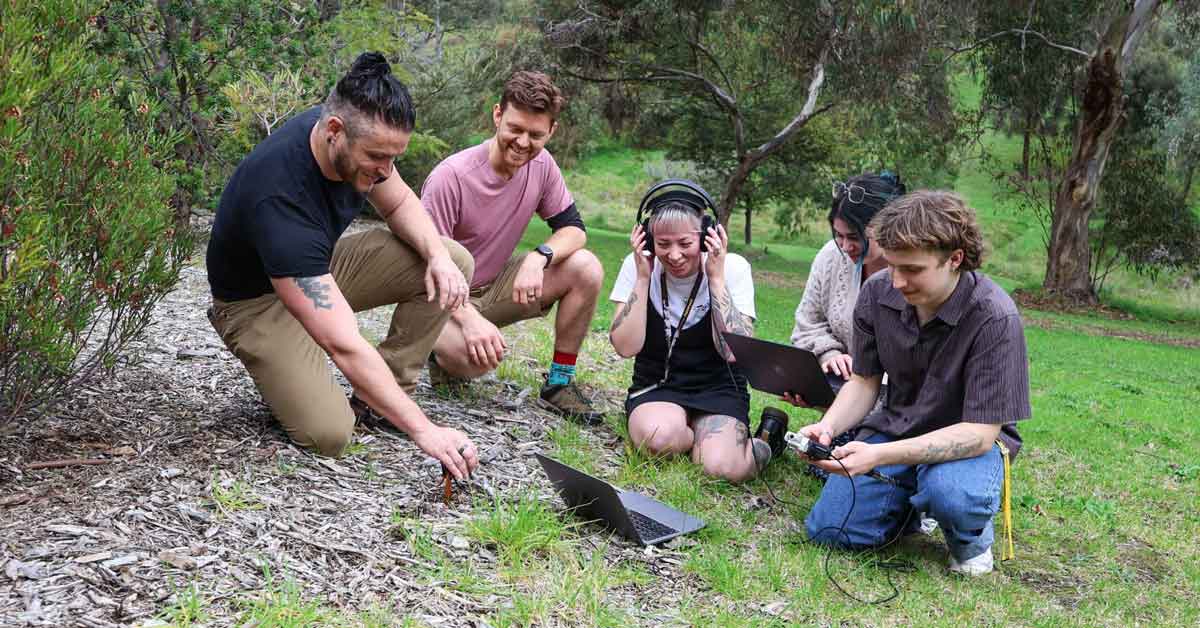In May, This American Life — a weekly public radio program and podcast — correspondent Chana Joff-Walt checked in with Yousef Hammash, a humanitarian aid worker from Gaza who fled to Egypt in 2024 with his wife, mother, and children. His four sisters and their extended families hoped to join them soon after.
Then the blockades tightened. Since that time, almost no one has been able to leave Gaza. Now Hammash clings to his last refuge of communication: the family’s WhatsApp group chat.
“Sometimes it's jokes,” Hammash said. “Sometimes they're crying. It depends. [They send] voice, text, photos, everything.”
Joff-Walt observed that leaving Gaza made Hammash “the newest member of a well-established club.”
“There are about 5 million Palestinians living inside the West Bank in Gaza,” Joff-Walt reported. “And the rest, about 9 million Palestinians, live all over the world — people who are trying to maintain family and connections across countries and time zones and bad cell connections.”
In modern warfare, crisis, and strife, WhatsApp has increasingly served as a bastion of hope — not just for refugees like Hammash’s family, but for healthcare workers, aid workers, and all boots-on-the-ground personnel.
In disaster zones, downed cellular towers render mobile phones useless, but the messaging app uses internet service to enable texts and calls between users. Plus, its compression algorithm reduces the size of files and data, allowing the app to function in areas with poor connectivity.
“I wouldn’t be exaggerating if I said that WhatsApp can be life-saving,” Juliette Touma, director of communications for the United Nations Relief and Works Agency, told Rest of World.
When a 7.8 magnitude earthquake struck Turkey and Syria in 2023, over 20,000 people were killed, making it the deadliest natural disaster in the last decade.
In the immediate aftermath, The White Helmets volunteer Fidaa Maksour said that WhatsApp was the group’s only means of communication in northern Syria. Without it, he wouldn’t have been able to field calls from the “many people under the rubble” and dispatch ambulances.
Without WhatsApp, Maksour said, it would be “very, very difficult” to do his job.

“We’ve talked to a variety of humanitarian NGOs,” said Christina LoNigro, WhatsApp’s director of global communications. “A lot of the things that we are concerned with is how they can use our app to get their information out most effectively … How do they get information out to affected populations in a place where they already are? How do you message where they are? And a lot of times, they are on WhatsApp.”
At large, internet-based messaging has proven vital in times of crisis. When Skype shuttered in May, tech journalist Chris Stokel-Walker mourned the loss, saying that it had been “a lifeline” that helped him call home from Ukraine during a Russian invasion.
“I’m able to call home, explain what happened, and keep them from panicking when I don’t step off the plane back in the U.K. as expected,” Stokel-Walker wrote for Fast Company.
“Our lives, and our families, are increasingly scattered to the four winds,” he continued. “And in the two decades since its 2003 founding, Skype has helped those families stay connected. It’s also helped a good number of people whose jobs involve international interactions do so at a manageable cost.”
Around the same time that Skype shuttered, the Signal app soared in popularity. When Shergo Ali, a humanitarian aid worker from Qamishli, Syria, arrived in Ukraine to start a new role with the German NGO Welthungerhilfe — World Hunger Relief — his peers told him to download the encrypted messaging service immediately.
“I’d never used Signal before,” Ali told Rest of World. “We’ve had staff who arrived new after me, and they didn’t have Signal. We asked them to download it.”
In addition to coordinating travel and aid, Ali explained that Welthungerhilfe uses Signal to relay crucial safety information, like how to respond to air raid alarms and airstrikes.
However, Signal and WhatsApp come with strings attached. Although they both use end-to-end encryption, Signal's security is only as strong as the user's device security — as seen with recent data breaches within the Department of Defense — and Meta, a company with a history of data privacy concerns, collects metadata from WhatsApp users.
Still, when cities go dark, WhatsApp, Signal, and previously, Skype, have served as technological life rafts that keep aid workers afloat and families in touch.
In January, Hammash received a voice message from his sister Aseel, who is 10 years his junior.
“I forgot to say, Happy New Year,” she said. “I hope that next year — no, no, this year — yes, this year, we [will] see you all. I hope you'll be looking forward to seeing us. And we'll be looking forward to seeing you.”
A version of this article originally appeared in the 2025 Technology Edition of the Goodnewspaper.
Header image via Towfiqu barbhuiya



